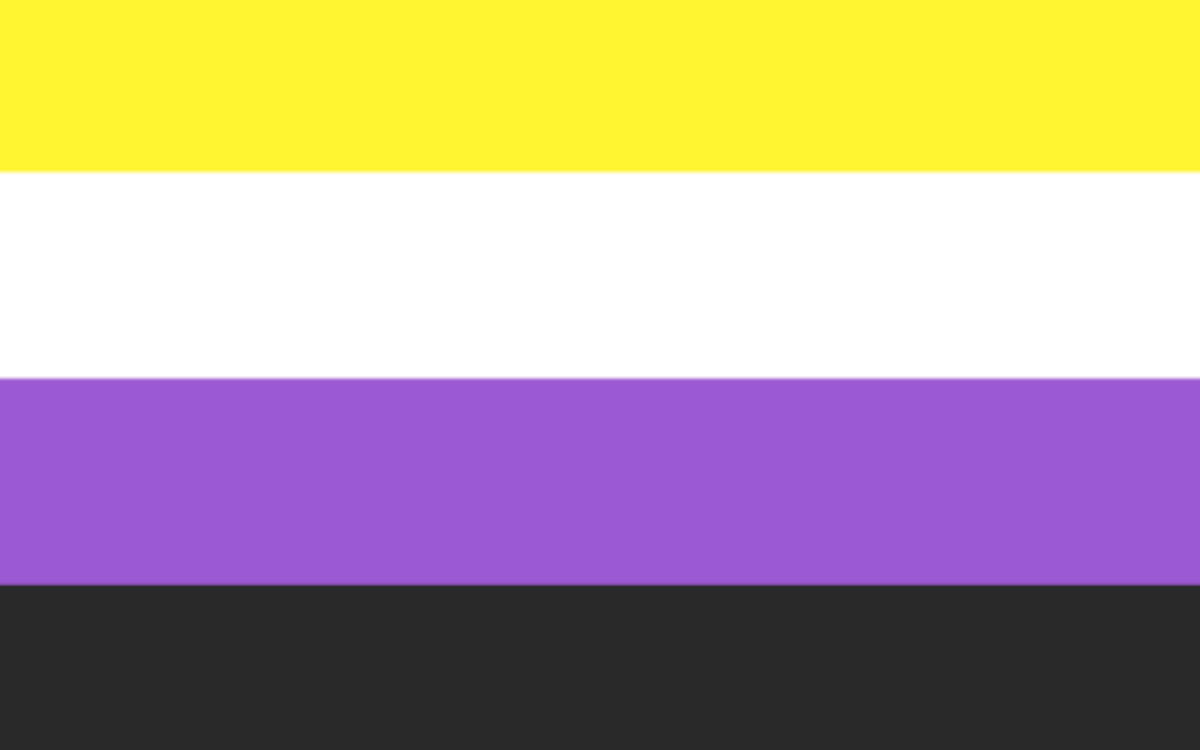On 14 July 2023, the International Day of Non-Binary People will again take place. It is an awareness day that aims to draw attention to people who define themselves as non-binary. It is celebrated internationally and was once started by Katje von Loon, an author.
But what is actually behind the term non-binary? Who belongs to this category, and why is a special day so right and important? We will answer these questions for you here!
Woman, man and non-binary? What is behind the term
Just 20 years ago, we did not pay much attention to self-definitions and sexualities of other people. Lesbians and gays have always existed, sexuality has always been a topic, but different gender identities were hardly mentioned. The last few years have clearly proven that there is more than just male and female gender. More and more people are finding the courage to talk about their identity and possible identity crises.
Non-binary means not identifying as exclusively male or female. While some non-binary individuals may feel partly like a man or a woman, this term is an umbrella category with many nuances.
Here is a small overview of which non-binary identities there are:
- Androgynous: People who perceive themselves as a mixture of woman and man are identified as androgynous.
- Bigender: These individuals perceive themselves as belonging to both gender groups (male and female). This can be the case simultaneously or alternately, in which case it is referred to as genderfluidity.
- Demigender: So-called demiboys or demigirls feel they belong to half of one gender, but are not binary to the other half.
- Femme: Femmes feel that they belong to femininity, without a specific gender having to prevail at birth.
- Ilyagender: Designation for non-binary people who feel neither neutral, female, agender nor male.
- Neutrois: Members of this category identify as gender-neutral.
- Pangender: At all times, Pangender people feel they belong to all existing gender groups.
- Transgender: It is debated whether transgender people can also be classified as non-binary people. Trans is the term used to describe people whose gender identity differs from their birth sex.
The thing about pronouns
If a person does not define themselves by only one gender, it becomes difficult to address them or talk about them. Is this person a “he” or rather a “she”? If you accidentally use the wrong pronoun, you may hurt the other person without meaning to. There is no solution, because you won’t find any features that can tell you the gender at a glance.
The only sensible solution is to ask the non-binary person. Some of them have no problem with you using a pronoun of your choice. Others, on the other hand, appreciate it if you use their name when addressing them. And still others have developed pronouns for themselves that they feel comfortable with. One of these is “sier” (a mixture of she and he).
Can people officially live non-binary lives?
Till now, there is no official recognition of non-binary gender identity in Germany. At birth, a person is automatically assigned the officially apparent gender. On application, it is possible to have this changed to “diverse” later. Unfortunately, this is not yet an official recognition as “non-binary”.
In fact, the state is already working on simplifying the procedures. Until now, complex processes were necessary to obtain the removal of the sex entry at all. In the meantime, it is possible to change or delete a person’s gender upon request.
It is to be hoped that in the future, non-binary people will also have the chance to officially ascribe their gender identity. This is exactly why the Day of Non-Binary People is needed, to draw attention to this group of people!
The flag of the non-binary – to make a mark for the group
Many members of the non-binary movement are flying the flag on 14 July and beyond. We all know the rainbow flag, but the flag for non-binary people is not yet familiar to everyone. The so-called non-binary flag consists of the colours yellow, white, purple and black, each of which has its own meaning.
Conclusion: We need awareness day for non-binary people
Even if it is only a drop in the ocean, such awareness days are important for society. The less non-binary people are present, the faster they are forgotten. This is unfair and often hurts the people concerned. It is also possible for those who self-identify as cisgender to show their colours together. So let’s celebrate 14 July together, get out some colourful Event Stuff and fly the flag for more recognition of non-binary people!
|
